
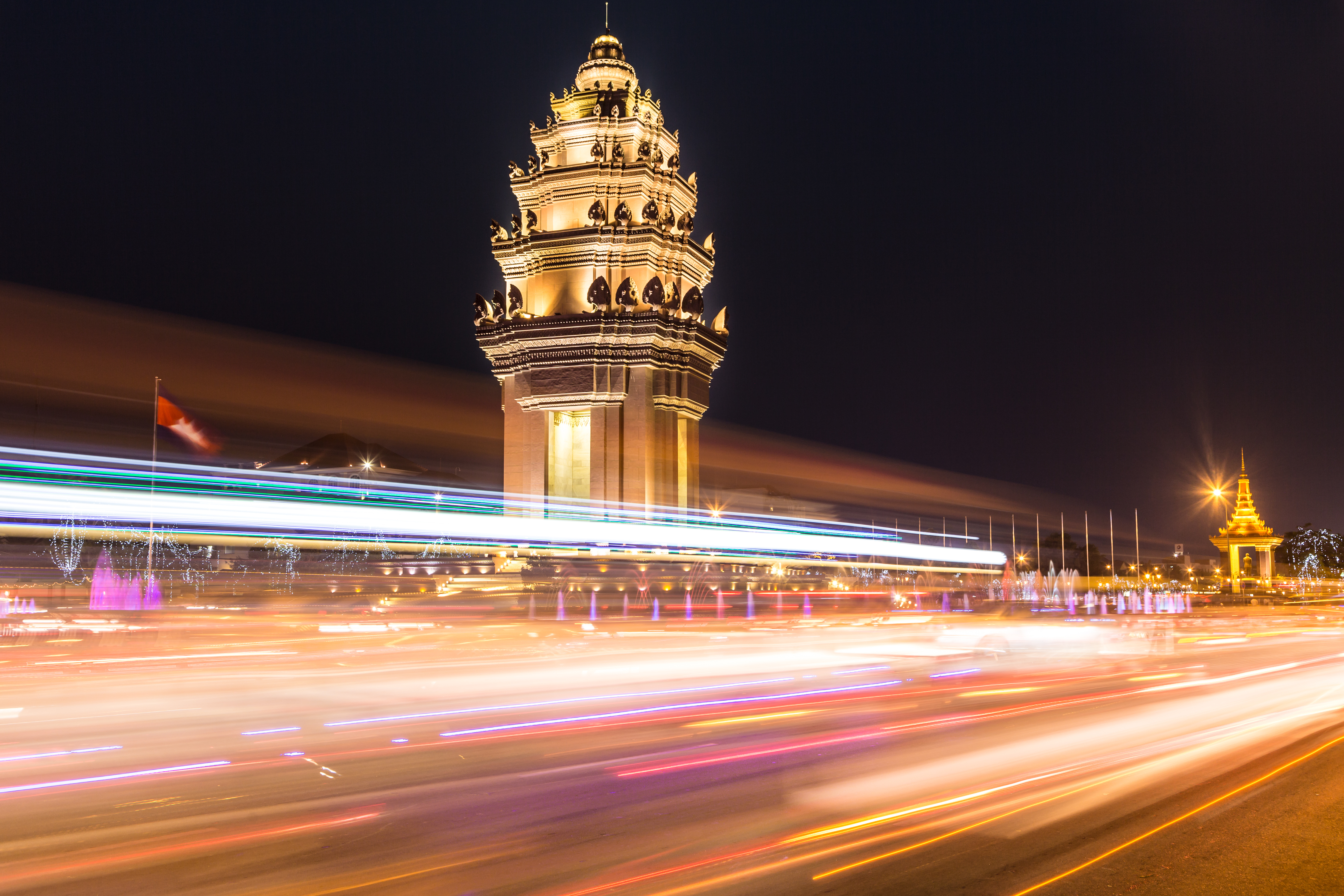
The robust Cambodian real estate sector was noted by investors as one of the new go-to's in the region. Supplied.
The Cambodian construction and real estate industry has seen an influx of foreign investment and a flurry of activity in the past decade. According to CBRE Cambodia’s Fearless Forecast 2020, around $5.2 billion was spent constructing 2,867 approved projects in 2018. These figures significantly grew to $9.3 billion in investments spread across 4,443 approved projects in 2019.
The flow of foreign investments has been growing since 2010 due to the country’s increasingly more appealing business environment. This streak, however, was broken when COVID-19 became an urgent global health issue in January 2020. Almost overnight, governments all over the world either limited or outright restricted foreign travel to prevent the spread of the highly contagious disease.
The global tourism industry was hit the hardest as the result of the painful yet necessary measures. It also didn’t take long for the lack of international travel to initiate a domino effect that led to other sectors feeling the pinch; the real estate industry included. Cambodia’s robust real estate was one such market that experienced a slowdown that derailed projections of continued expansion for 2020 and even 2021.
But as the Kingdom and most of the world learned to manage COVID-19, the restrictions on international travel were relaxed and a new normal started taking shape. In Phnom Penh, the widespread use of masks and the availability of hand sanitizers in public places has become commonplace - with most businesses reopening following these measures. International flights, though limited, are starting to return with strict health screening; the chief example of which is the return of thousands of Chinese expatriates working and living in the Kingdom.
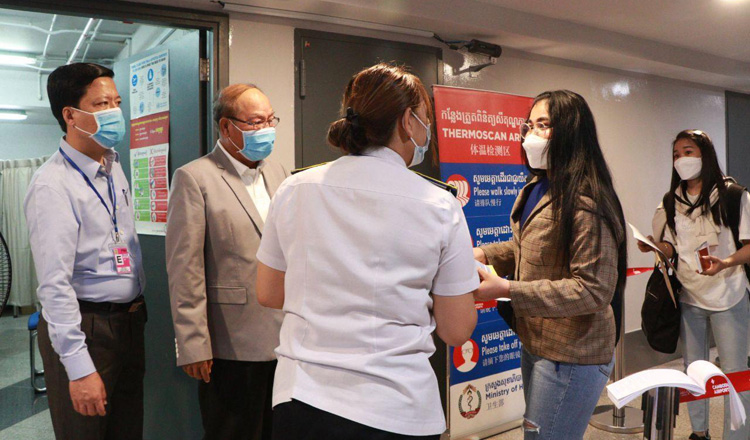
Health Minister Mam Bun Heng observes COVID-19 checks during a visit at the Phnom Penh International Airport. Fresh News.
According to CBRE’s James Hodge, Senior Director of CBRE Cambodia, “Recent developments have given rise to the hope of recovery for Cambodia’s real estate sector, with increasing confidence and interest from investors and occupiers. CBRE notes a resurgence in inquiries for residential accommodation from expatriates and commercial space from existing companies.”
The return of Chinese expatriates is highlighted as part of the renewed demand Cambodia may see if COVID-19 continues to be under control. “Sihanoukville has been struggling for almost 12 months now, but the improvement in infrastructure and increasing certainty around the future of the gaming industry seem to be acting as a draw for Chinese workers and investors; resurgence in domestic tourism is also a help for the province, and these factors could combine to position the district for a further growth spurt in the near future,” James added.
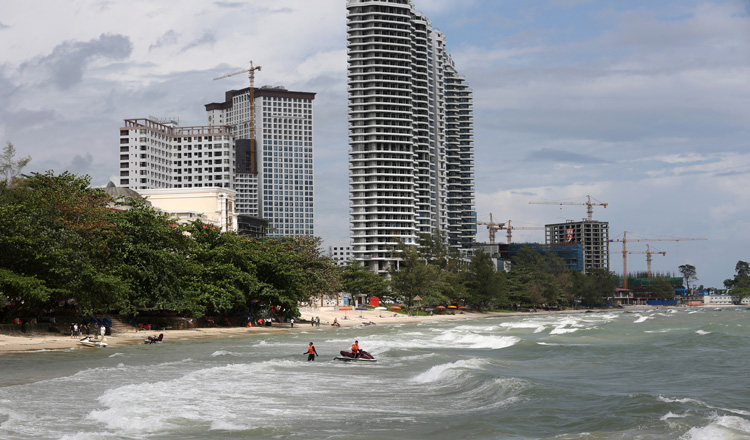
Sihanoukville gains a new lease on life as property developments resume. KT/Chor Sokunthea.
However, COVID-19 remains a looming threat to the Cambodian real estate, “Travel restrictions remain prohibitive to many international investors and businesses, and the recovery remains fragile whilst the threat of the further spread of Covid-19 remains – this is unlikely to change until there is a reliable vaccine and quarantine requirements are removed.” he added.
Moek Chenda, the founder of Realestate.com.kh, also considers recent developments as a positive sign for Cambodia’s real estate market. “Foreign investors have played a big role in the country’s real estate development. Allowing them to come in, especially at this time, certainly presents a good opportunity for both them and the Cambodians that stand to benefit from new investments”.
Much like other experts, Chenda shares the same precautions about COVID-19. “As we’ve seen, we can never be too safe. It’s fortunate that we have controlled the disease in Cambodia early on and established guidelines and procedures when it comes to screening new entries into the country.”
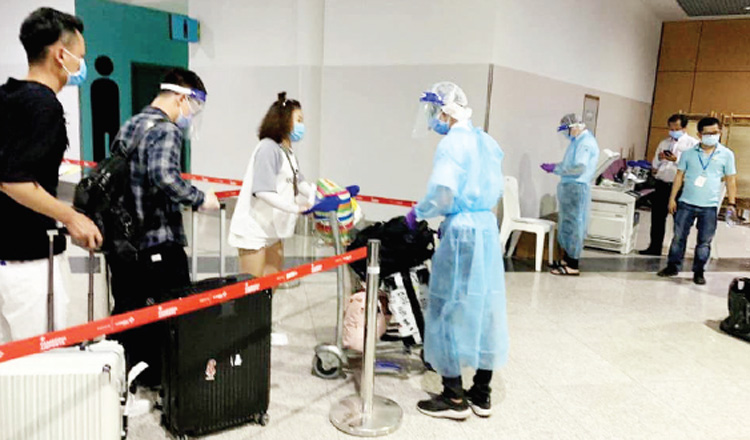
New health measures required for foreign visitors were adjusted in August 2020. Fresh News.
In June 2020, the government announced a $3,000 USD deposit and a requirement of $50,000 insurance from foreigners visiting Cambodia. The temporary policy was enacted to help fund the testing and quarantine all new visitors are required upon entry. The policy was changed in August 2020 reducing the required cash deposit to $2,000 and relaxing other measures to attract more visitors and investors in the country.
According to James Hodge, “The government’s approach to adjusting entry requirements appears to be born out of the need to balance safety measures with economic growth. In terms of the real estate market, easing entry requirements is important in allowing decision-makers to access the country and action investments”.
However, he expects these additional costs and quarantine requirements may still limit most visitors, saying “The changes are unlikely to yield significant adjustments at the current time due to reluctance to travel or face extended periods of quarantine at one or both ends of a flight.”
When one door closes, another opens. The lack of foreign investors has caused several developers to offer discounts and/or benefits on purchase. According to Chenda, “It’s a good time for local investors to look at property as some may get up to 30% discount if they look hard enough.”
Chenda adds that both buyers and sellers are still looking to connect even during this time, saying “There are still developers looking to sell fast and buyers looking to buy property fast, as well. And given that some sectors of the market are still active, online property platforms have a more important role in keeping the market going”.
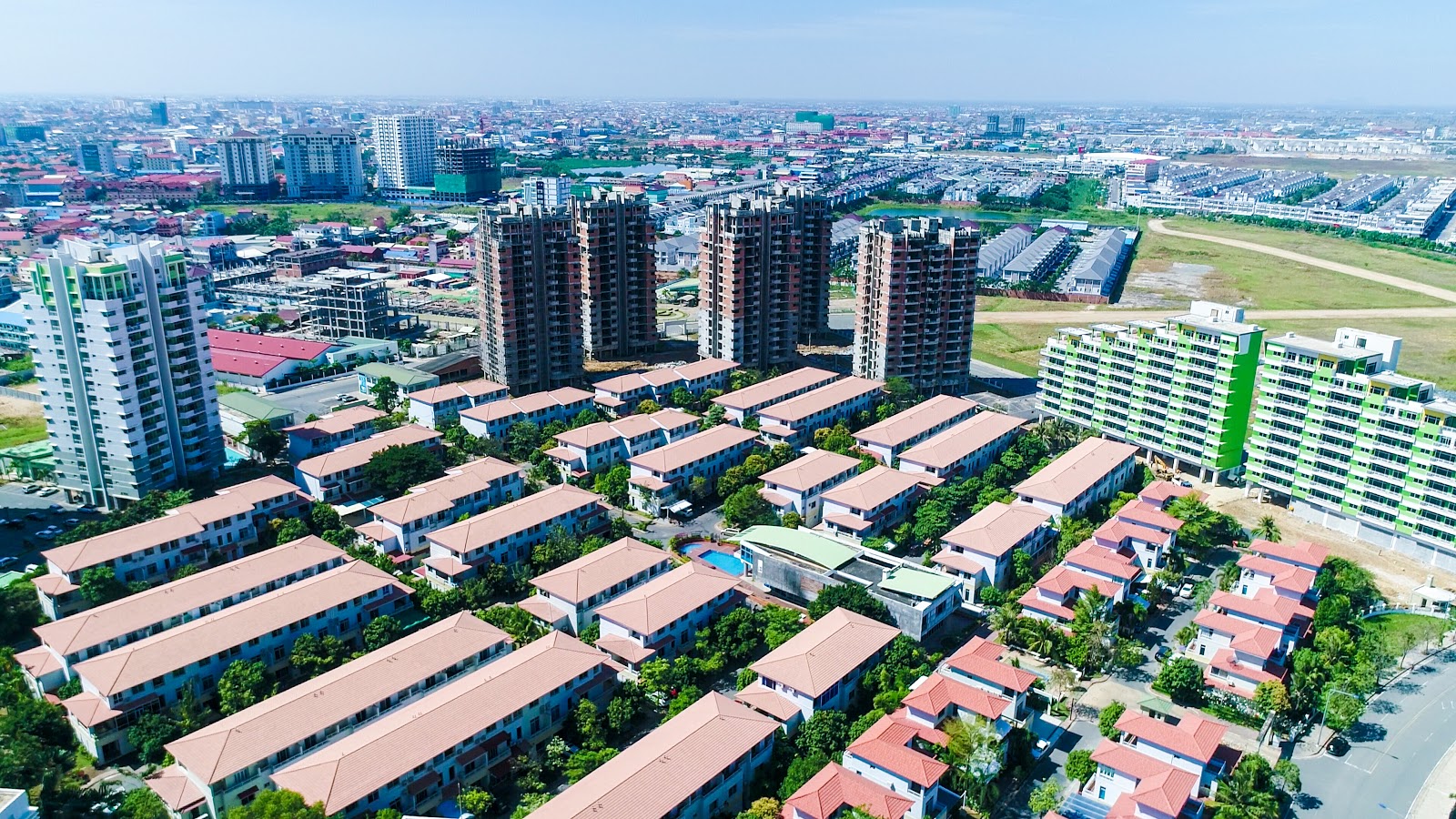
Keeping COVID-19 under control is integral to sustaining economic recovery. Supplied.
Sustaining the recovery is certainly on everybody’s mind. In a report from the Khmer Times, the government allowed some businesses to reopen in July 2020 with conditions to adopt measures to curb COVID-19 infection. Businesses such as casinos, clubs, and KTVs have been allowed to reopen – a positive sign that the Cambodian economy will soon rebound. And any commercial endeavor opening spells good tidings for the real estate sector.
“It is important that the real estate market adapts to aid the prevention of the coronavirus after all urbanites spend the vast majority of their time inside buildings, whether that is at home, school, the office, a factory or leisure venue, as such real estate is a primary resource and plays an integral role in stopping the spread of infections,” says James Hodge. He also highlighted the importance of upgrading and maintaining a building’s prevention policy to stop the spread of infection.
The uncertainty of how much COVID-19 will influence the Cambodian real estate industry remains a hot topic among stakeholders. But recent developments may indeed signal the beginning of a continuous upward trend for the market.
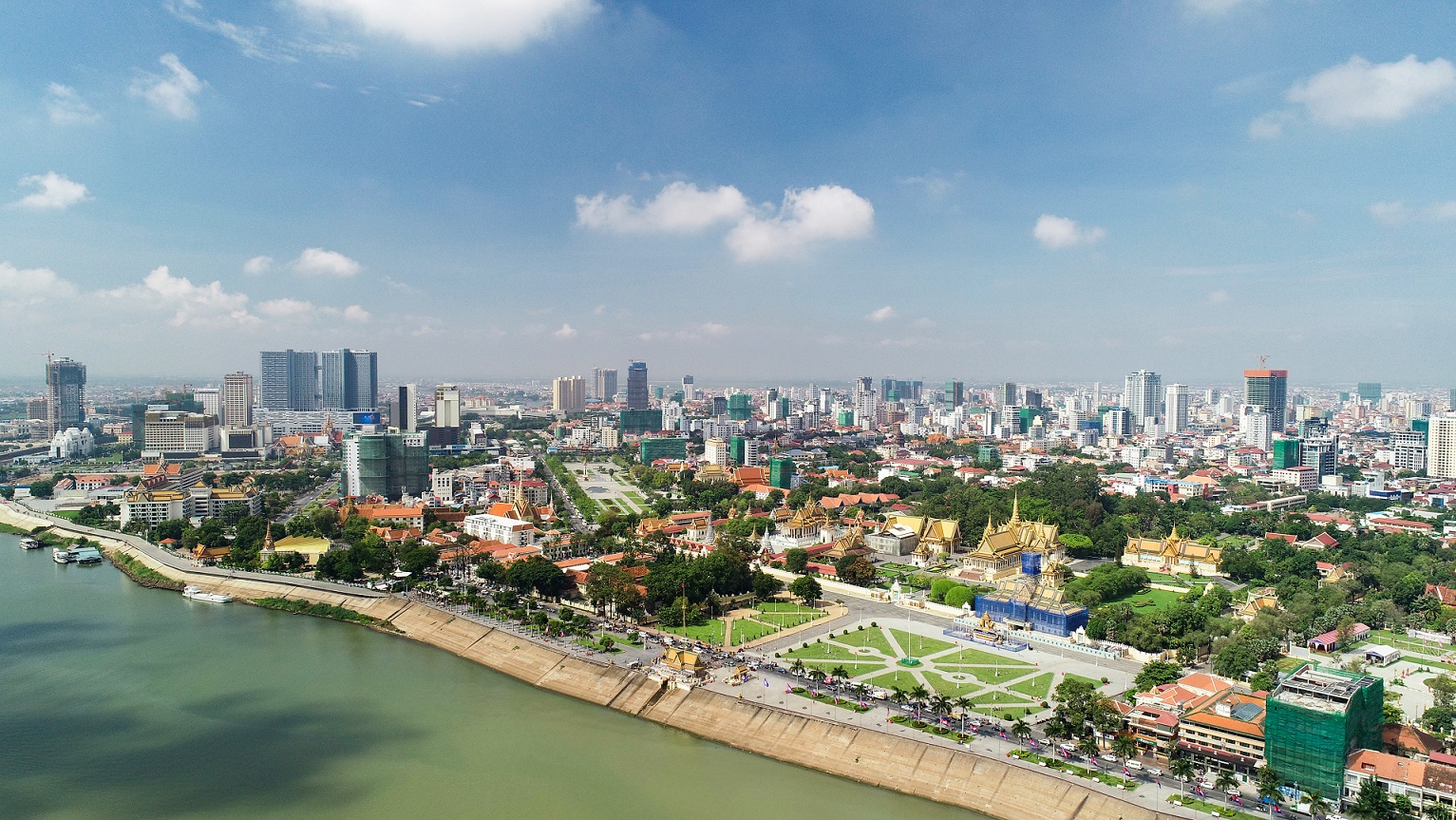
Phnom Penh’s real estate market still presents good opportunities during COVID-19. Supplied.
“I believe we have started to see an uptick in market activity across some sectors,” says James Hodge. “This is helped along by Cambodia’s track record at controlling community transmission, as well as the pragmatic reaction of many market actors to the situation,” he added.
While the uptick is certainly within sight, the risk of a 2nd wave is still no less of a threat. “As we have seen recently in Vietnam and earlier in Singapore, Covid-19 spreads quickly and is difficult to control. Cambodia is by no means safe from either the direct or indirect impacts of the virus yet, so we must all remain vigilant and follow appropriate protocols – but if we can continue to follow our current path then the market should continue to improve in some segments.” cautioned James. “It will still be some time before we are back to pre-Covid-19 levels as there remain a number of headwinds, not least the impact of EBA withdrawal and macro impacts from the global economic woes.”
Moek Chenda similarly believes that while pre-COVID-19 activity may still be some ways off, good opportunities still lay within the market. “Getting the real estate economy back to how it was before may take around 12 more months. But that does not mean people should hold off on buying today”, he continued. “The Black Friday Event back in June and the developer sales that followed should signal to buyers that now is a good time to buy property. They just have to keep their ears on the ground” he advised.
Article by:

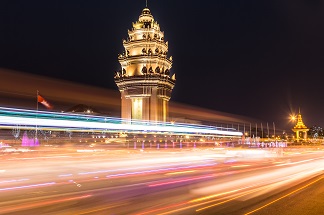

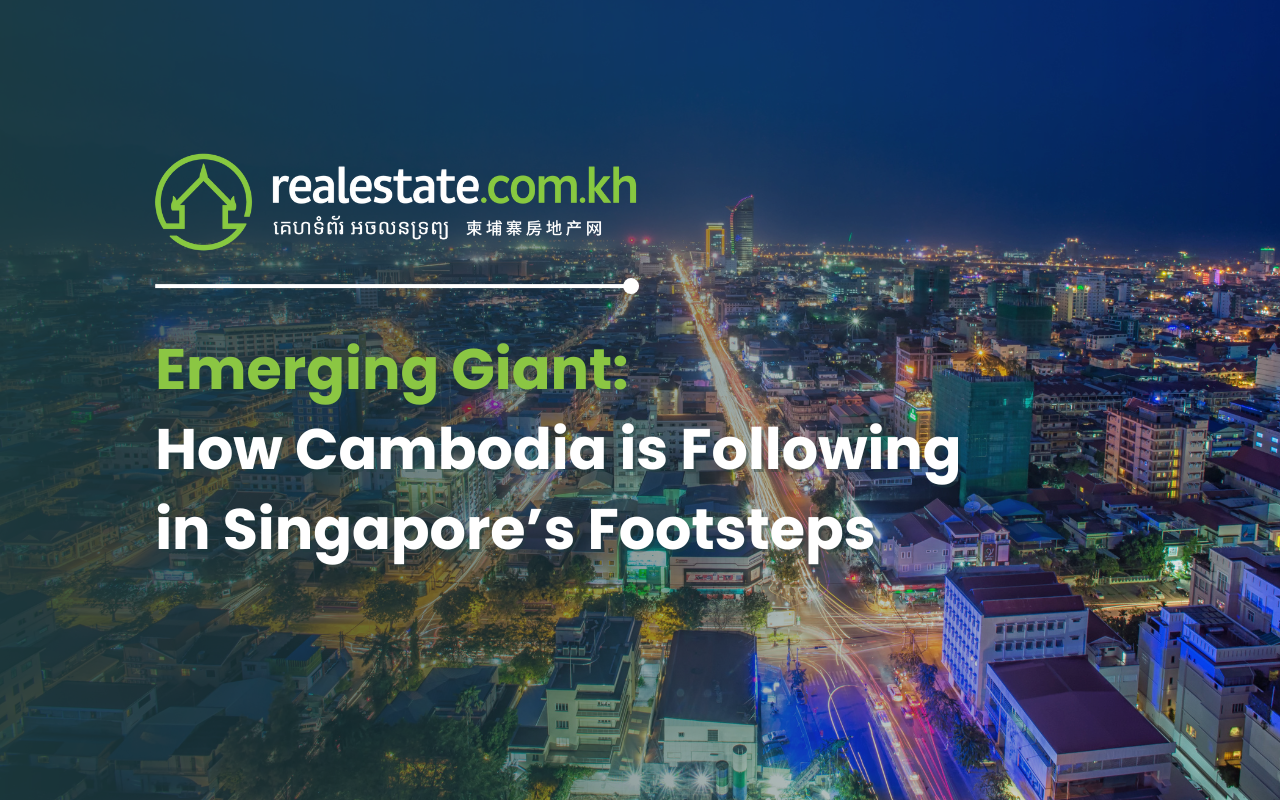

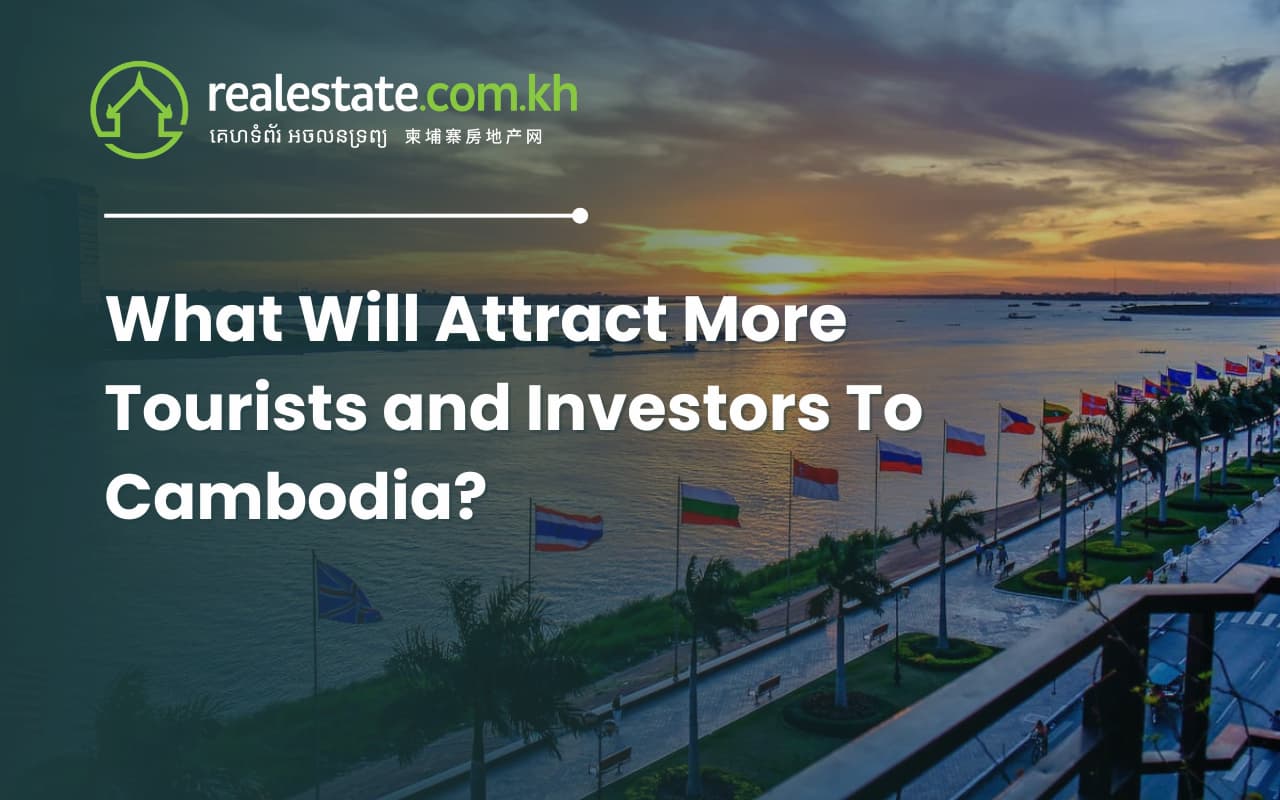
Comments